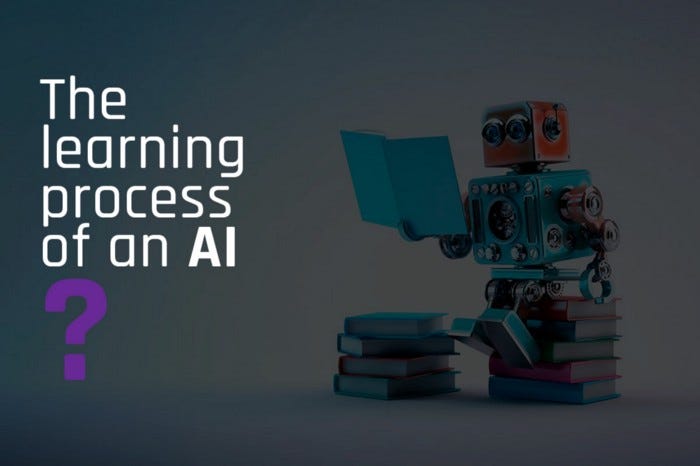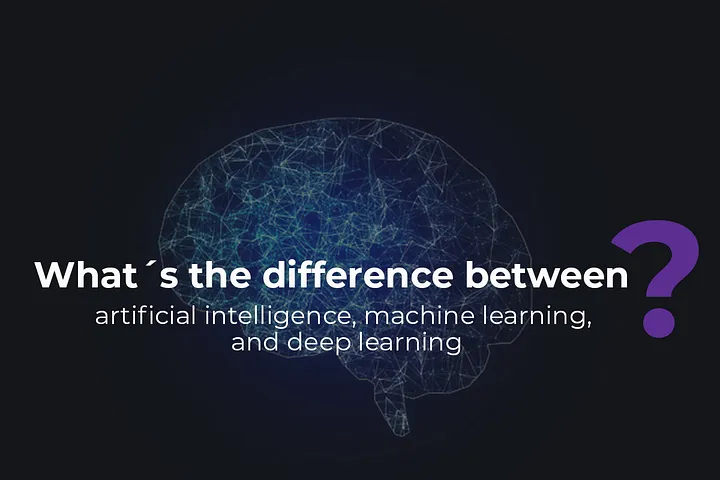
Using Deep Learning to Control Unconsciousness Level of Patients in an Anesthetic State
Anesthesia has been a part of medicine since the 1800s and has become an essential part of healthcare. Thanks to anesthesia, doctors can perform more invasive procedures that can save lives and improve our livelihood. Even something as ordinary as getting a root canal can be made better with the help of sedation.

How Can We Use AI in Logistics and Supply Chain Management?
There is tremendous potential for using AI in supply chain and logistics management. Early adopters in logistics and transportation already see increased profit margins by as much as five percent. AI has allowed them to cut down on shipping costs and time dramatically. Meanwhile, those still holding out on AI are in the red, unable to catch up to their more technologically advanced competitors.
Continue reading
What Are The Challenges of Using AI For Citizens And Immigration Services
Governments worldwide have started embracing AI technology and how it can help them serve their citizens. With AI, government agencies and departments can become more efficient as they work to provide their citizens with access to resources and information to improve their lives.
Continue readingRecent posts

Is AI Already an Essential Part of Content Marketing?
AI tools can transform the entire marketing production process, helping marketing teams make data-driven decisions about what to write, who to write for, and how to reach readers as effectively as possible. Tools like Smart Compose from Gmail are already producing short-form content that replicates a human tone.
Continue reading
Should AI Robots be Citizens?
It might seem like an outrageous question at first, but as our society becomes more reliant on robots for everything from improving efficiency at work to improving our sex lives, we need to ask it. Should robots be treated the same as citizens?
Continue reading
Will Artificial Intelligence Replace Portfolio Managers in The Financial Industry?
Artificial Intelligence (AI) chess gamers and poker players have already proven they could beat human masters. What’s to stop AI from doing the same with financial markets? What happens when AI becomes a portfolio player?
Continue reading
How is the learning process of Artificial Intelligence?
The majority of living beings in the world go through a growing and learning process in which someone else teaches them how to do several things. If you look at humans, when we are children, our parents teach us specific behaviors and how to accomplish our obligations. If you see animals, their parents teach them how to hunt, survive, and defend themselves. We can find the same connection with Artificial Intelligence, and there will always be someone teaching or submitting information.
Continue reading
Beyond Drones: Artificial Intelligence and Air Transportation
Autonomous aircrafts exist today, and we’re not simply referring to drones. Over recent years, automated artificial intelligence (AI) flight systems have taken on more and more tasks from pilots. Today, these systems have taken on the role of an additional (not replacement) co-pilot. The benefit goals? Flight crews will have less stress and a reduced risk of pilot error.
Continue reading
What’s the Difference Between Artificial Intelligence, Machine Learning, and Deep Learning?
This year, various industries across many organizations are implementing artificial intelligence. Often, leaders who are not familiar with Artificial Intelligence, Machine Learning, and Deep Learning will use the terms interchangeably. When working with technologists and AI experts, this can confuse them. In this post, I’m going to explain each of these terms.
Continue reading
Can Artificial Intelligence Bring Human Care Back to Medicine?
Here’s an all too familiar doctor visit scenario: You arrive early to fill out a short-novel-length amount of paperwork. You’re ushered into an exam room, where a PA or Medical Assistant asks the reason for today’s visit and have there been any changes to your health or medications? Next, your doctor (or PA) walks into the exam room, sits at a computer — often with their back to you — and asks more questions while typing in your responses and their related notes. In just a few minutes, you’re sent off with a new medication to try or a procedure to have done.
Continue readingAbout
A blog about AI and technology typically covers the latest advancements in artificial intelligence, cyber security, robotics, and other cutting-edge technologies.